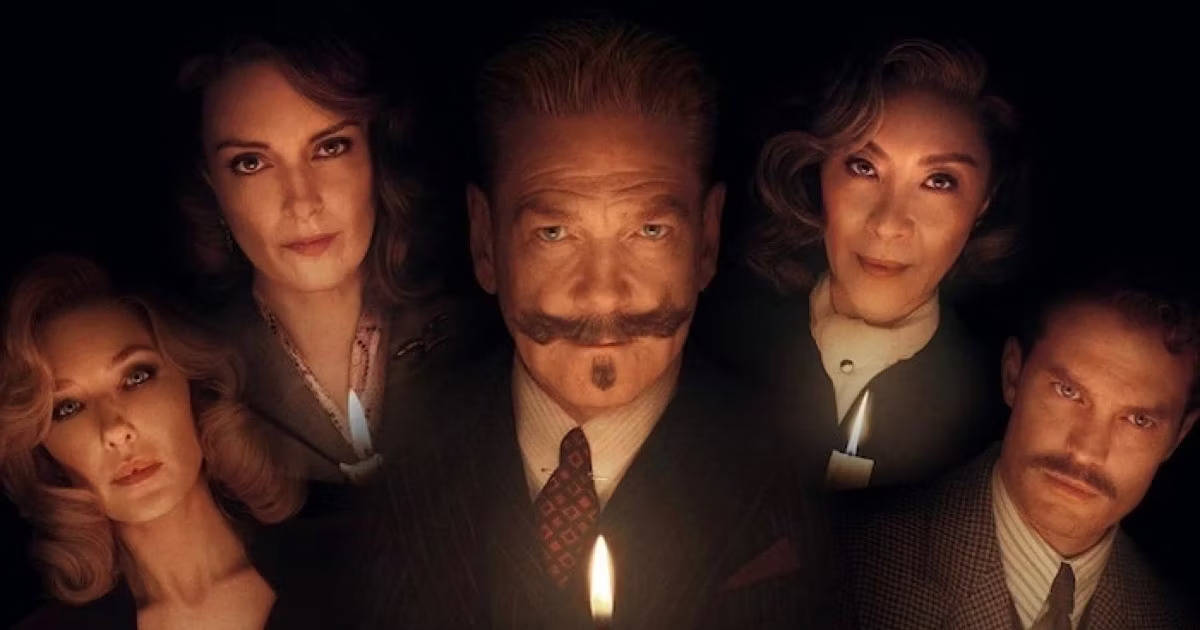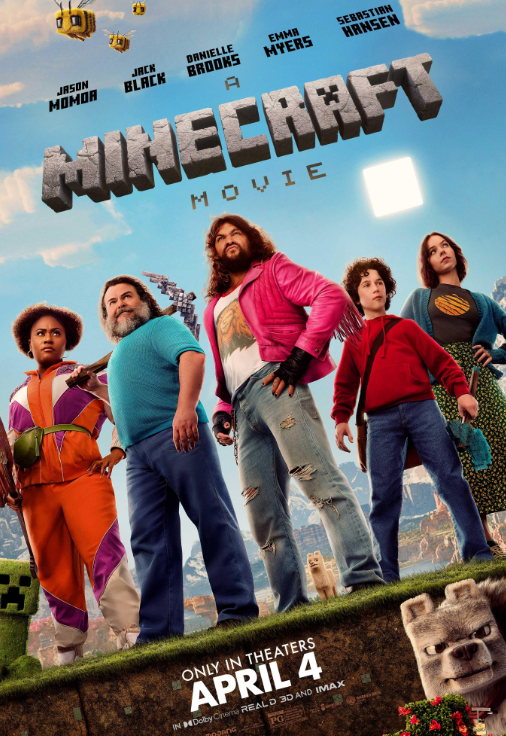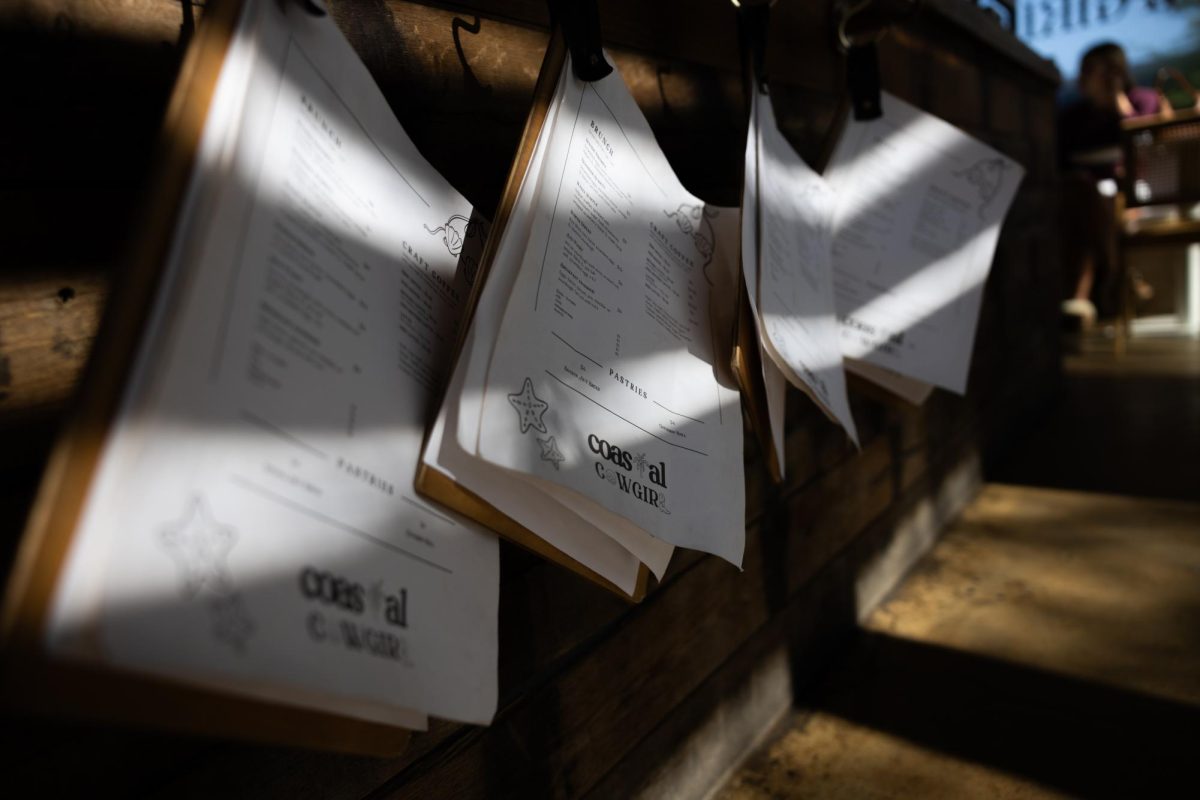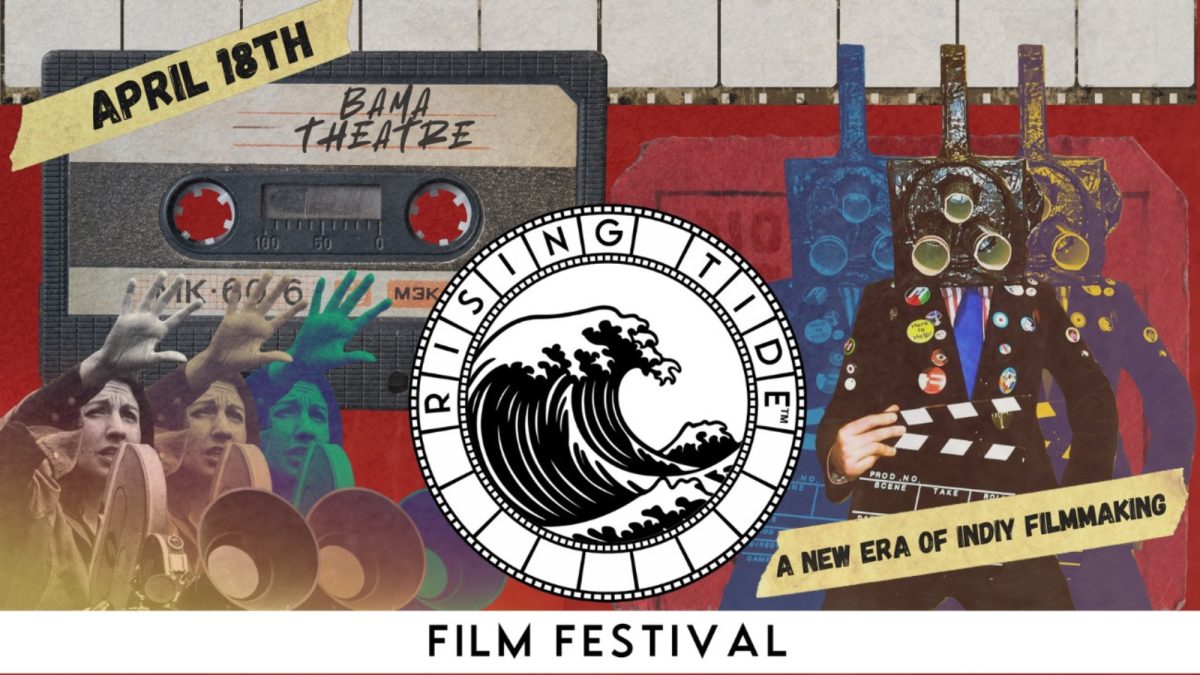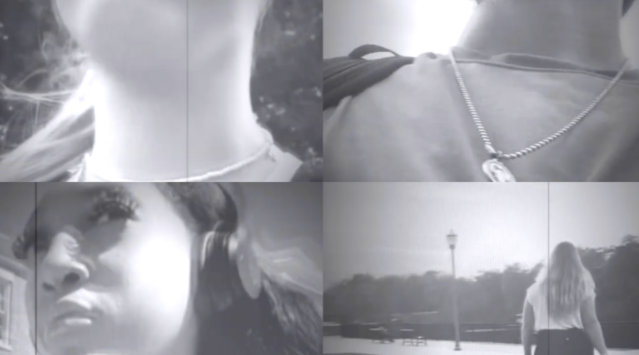However much one might fancy Kenneth Branagh’s Hercule Poirot and the trilogy of mystery movies he has been at the helm of, one cannot deny that they are all three unique. Each brings its own set of goods to the table, wielding picturesque landscapes, star-studded casts of characters, and, most importantly, engrossing murder plots.
“A Haunting in Venice,” the newest Poirot outing, released less than two years after “Death on the Nile,” has opened to franchise-best reception. It boasts a 75% critics’ score on Rotten Tomatoes, a 6.8/10 on IMDb, and a 3.1/5 on Letterboxd, all higher than its two predecessors.
And justifiably so. Whereas “Murder on the Orient Express” homed in on an intimate and wintry atmosphere aboard a snow-entrenched train and the 2022 follow-up fully utilized the breathtaking expanse of the Nile River, “Haunting in Venice” frames the aesthetic Italian city amid a torrential downpour. It is a perfect environment for effecting a creepy tone.
The narrative’s primary location, an aged but gorgeous three-story palazzo, contributes just as much to this creepiness. It supposedly houses the ghosts of children who died within its walls, and when the suspicious death around which the movie revolves takes place, it seems the spirits are malevolent. Utilizing as ingredients each dark nook and foreboding cranny of the palazzo and the clustered Venetian surroundings, Branagh cooks up a stylistic feast.
It is an effort wholly independent from its series counterparts. The camera vacillates between ominous landscape wide angles, densely layered close-ups of characters both contemplative and anguished, and claustrophobic point-of-view shots. The music jumps around on a spectrum from light to haunting, and the focus on practical set pieces over computer-generated imagery evokes an authentic sense of dread.
Messing up a cast as talented as the one seen here is a difficult task, and “Haunting in Venice” fortunately never comes close. Branagh is brilliant as the endearing star detective, and behind him is a charming Tina Fey, a harrowed Jamie Dornan and a surprisingly solid up-and-coming Jude Hill, among others.
What is most appealing about this new Poirot flick is the freshness of its story and themes. The crux is, of course, an unsolved murder, but added on to the usual elements of motivation, deception and human capacity for violence is the layer of supernaturality. From the first minute to the last, the rational Poirot grapples with his disbelief in the spiritual as it is confronted by seemingly unexplainable realities.
In the end, all is solved and put in secular context; as per usual, humans go to extreme, often effectively deceptive lengths to avoid culpability. Yet the movie doesn’t wrap things up with a neat bow and dismiss the idea of the supernatural.
“Whether they are real or not,” Poirot says reflectively in the film’s closing moments, “I know only that we cannot hide from our ghosts.”
This is a striking meditation on the modern tendency to view the spiritual as all-or-nothing. Indeed, all the typical ghost fare turns out to be a sham, and indeed, Poirot can rationally chalk the mystic visions he had in the house to hallucinogenic honey. But he still submits that it was his subconscious that pieced together facts that manifested in the supposedly prescient specters he saw.
In this conclusion lies the real paranormal ambiguity. Does having a rational explanation for an event make it impossible that there was a spiritual realm beyond it? Is the mind acting of its own accord and solidifying the facts in the presence of a lingering spirit not in and of itself something beyond the natural? If so, where is the line between natural and supernatural, between real and irrational?
It’s an odd crossover, but one can’t help but be reminded of a scene from “Harry Potter and the Deathly Hallows: Part 2” in which the main protagonist finds himself in a dream, apparently talking with the deceased Albus Dumbledore. This conversation leads to a story-turning decision, and such finality causes Potter to wonder whether the dream is real or whether it’s happening in his head.
“Of course it’s happening inside your head,” Dumbledore replies. “Why should that mean that it’s not real?”
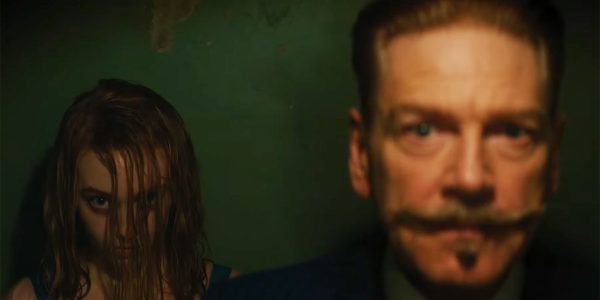
Hercule Poirot (Kenneth Branagh), apparently seeing the ghost of a deceased girl. Poirot constantly grapples with his disbelief in the spiritual in the face of such run-ins with the unexplainable.



